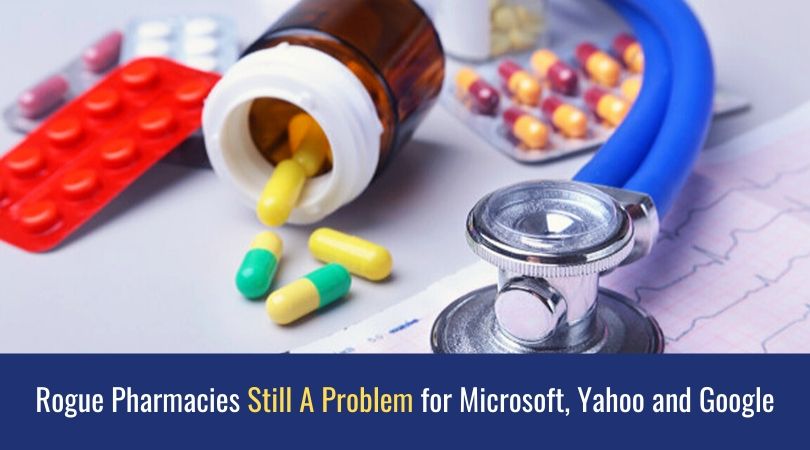
The Internet has revolutionized and changed the life of mankind. Today, the availability of the world wide web is increasing rapidly. At the same time, the number of requests for the search for medical information is increasing. Statistics show that within one year, 72% of Internet users in the United States and 71% in Europe at least once looked for health information. These trends are gaining even greater popularity through the use of mobile devices. However, consumers today use the Internet not only to search for medical information but also to self-diagnose and receive various medical services or products. This is confirmed by the growing market in many countries of the so-called online pharmacies, which have both a lot of obvious advantages and a number of disadvantages that are more related to the issue of regulating their activities.
There is a surge in e-commerce these days. The popularity of online shopping has also affected the pharmaceutical industry. The concept of online pharmacies and online drug sales has been around the world for more than two decades.
Why are online pharmacies popular?
Of course, one of the most significant advantages of online pharmacies is a more profitable pricing policy, which is achieved by reducing the share of overhead costs.
In addition, online pharmacies offer comfortable access to medicines for people with reduced mobility or living in remote areas. It is also important to provide customers with various personalized services (for example, a reminder of the need to purchase drugs for the treatment of chronic diseases), discounts, home delivery.
Another important feature of online pharmacies is anonymity. Confidentiality enables customers to feel more comfortable when purchasing a drug or receiving advice by e-mail, and other services that such pharmacies provide.
Beware of scammers!
In 2014, the United States Food and Drug Administration (FDA), together with Interpol and 200 law enforcement agencies worldwide, launched a global campaign against illegal online pharmacies, which arrested 237 people and closed more 10 600 illegal websites.
They have also created a pharmaceutical crime control program supported by large pharmaceutical companies. In the USA, such well-known and recognized sites as Microsoft, Yahoo and Google allow advertising only in online pharmacies that have been accredited as part of the Verified Internet Pharmacy Practice Sites (VIPPS) program. Credit card companies, including VISA, decline payments at online pharmacies that are not VIPPS certified.
Such serious concerns about the activities of illegal online pharmacies are explained by the fact that illegal pharmaceutical practice is associated with a number of risks to the health of consumers. The sale of fake drugs is particularly dangerous. The use of such medicines is unsafe. In addition, rogue online pharmacies contribute to the illegal distribution of drugs and other controlled substances.
However, despite the risks, the global online pharmacy market led by North America and Europe is growing rapidly. Various models of control over the sale of medicines through the Internet are being formed all over the world. The structure of these models greatly depends on the regulatory, economic and cultural characteristics of a particular country.
80% of online pharmacy advertisements in Yahoo posted illegally
A study by the American companies KnujOn and LegitScript showed that more than 80% of advertisements placed by online pharmacies in the Yahoo search engine do not comply with US federal and state laws.
Researchers were able to buy over-the-counter medicines over the Internet. In one case, drugs were imported from India. In addition, they also bought medicines from an online pharmacy authorized by PharmacyChecker (its mission is to monitor the legitimacy of online pharmacies). Search engines Yahoo, Google and Microsoft are required to require confirmation of the legitimacy of online pharmacies and their availability in the PharmacyChecker database. The drugs purchased at this pharmacy also came from imports from India. In accordance with Yahoo’s policy on drug advertising, the advertiser must be registered in the United States or Canada. The researchers analyzed the activities of 3 online pharmacies that had Canadian licenses. However, in all three cases, drugs were delivered to customers from India, Singapore or Barbados, but not from Canada. Moreover, one of the pharmacies, although it had a Canadian license, had the right to work anywhere but not in Canada because import of prescription drugs is prohibited in this country. In August, the company KnujOn (specializing in the fight against the spread of spam) and LegitScript (engaged in confirming the legitimacy of online pharmacies) completed a similar study against Microsoft. It turned out that 89.7% of the medicines and search ads in the Bing search engine came from illegal online pharmacies.
